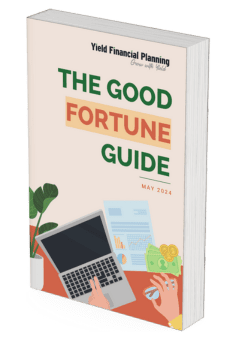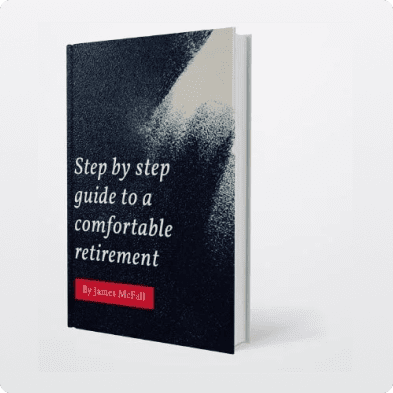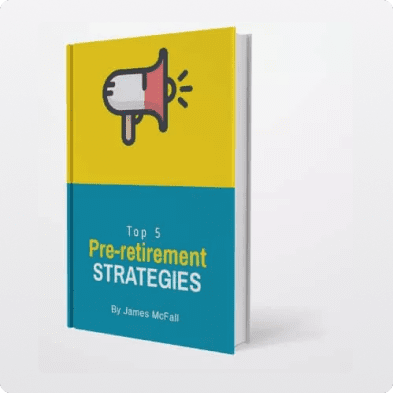A commonly encountered roadblock experienced by those who are in the process of making the most of their finances, remains the age-old question, being ‘should I pay off my mortgage, or invest my money?’. Unfortunately, there is no simple answer to this question, as there is no one-size-fits-all solution.
Deciding whether paying off the mortgage will deliver you the best results, tends to be dependent on various factors, broadly including your personal financial situation, interest rates, taxes, along with your risk tolerance and proximity to retirement. In this piece we will be elaborating on these integral factors that should be considered when deciding what route to take, along with outlining several benefits and drawbacks of paying off your mortage early, in a bid to aid you in your decision making.
Being Mindful of Personal Considerations
Your decision on whether you pay off your mortgage or invest your money is personal. Both can help you increase your assets, although ultimately it all boils down to what path you feel most comfortable taking and would be best suited to your current financial situation.
Are you drawn to the potential outcome of higher returns, or is it peace of mind that is more appealing to you and your financial goals?
Consideration must also be given to what return you will need to live the life you want and whether the more conservative option of simply reducing debt is enough for you.
Whether you’re classified as a low- or high-income earner happens to be influential in this decision-making process, as your marginal tax rate can impact your decision greatly. If you’re a low-income earner, it is likely your tax rate is also low, making borrowing to invest generally less appealing in the short term, due to smaller negative gearing benefits.
With this said, if a married couple for example has a higher tax paying spouse, with an investment loan and funds in offset, it can be ideal to direct the new investment from offset into the name of the lower income earning spouse.
Consider Your Lifestyle Stage
Your proximity to retirement plays an important part when weighing up whether you focus on paying down your mortgage or diversifying your wealth.
If you are nearing or in the retirement phase of your life, your financial goals and choices will most likely differ from those of someone who is in their thirties.
To demonstrate, a retiree may value the ability to reduce or better yet eliminate their debt, as they are no longer benefiting from that of an employment income. Even when the risk appetite exists to have investment debt in retirement, consideration must be given to whether the additional potential return, that leverage can provide over time, is warranted in retirement versus the higher corresponding risk that comes with leverage.
A factor to consider if you’re in the earlier stages of your life, is the longer you have to pay off your mortgage, the more advantageous investing begins to seem. This may present you with a better chance to earn more from your investments than you would from the mortgage interest rate, given that you have allowed for an adequate amount of time to do so.
Benefits of Paying Off Your Mortgage Early:
- Weight off your shoulders: Paying down your mortgage early and in turn not having the obligation or stress of those mortgage payments, can relieve the financial burden that accompanies debt, and provide you with peace of mind.
- Money saved on interest: This is a notable advantage that tends to sway most people into fast tracking their mortgage payments. The faster you’re able to pay off your loan, the less interest you will face at the hands of your lender. Leading you to eradicate your debt sooner and allowing you to save money whilst doing so.
- Building equity: Not only does fastening the rate of your mortgage payments assist you in building equity within your home at a quicker rate, but as a result of building equity it also positions you to qualify for refinancing. Possibly saving you more money down the line, allowing you to diversify your wealth further.
Drawbacks of Paying Off Your Mortgage Early:
- Opportunity cost: Money spent on paying your mortgage off early is also money that is not being utilised to its full potential in other avenues, including investing in shares, leading you to be faced with opportunity cost. You run the risk of forgoing various high return investments which could be anything from putting money towards your emergency fund or investing in your retirement.
- Under-utilised capital: As you steadily reduce your debt, your property is likely growing in value, meaning more and more of your accumulated wealth is tied up in your home. This lack of diversification into alternative strategies, may either defer your ability to retire or make it unachievable, without downsizing the value you have invested in your home.
- Tied up wealth: By putting your excess money towards your mortgage, classified as being an illiquid asset, it causes a lack of diversification of your wealth. Which could hinder you if you happened to face an emergency, for the reason being property is not an asset you can convert to cash in an effective manner.
As with most things in life, the right solution usually sits in finding a balanced approach to debt reduction and investing. Everyone is limited by the amount of cashflow and capital they have, so the right approach to this decision is to weigh up how you structure yourself to maximise the outcome for what you are trying to achieve.
When working with an advisor at Yield Financial Planning, we are always looking to help our clients to achieve the life they are comfortable and happy with now, balanced with a plan for achieving what is important to them in the future. This balance is what helps optimise a strategy that is successful and suitable for each individual.
Yield Financial Planning is Here to Help
Important Note


















